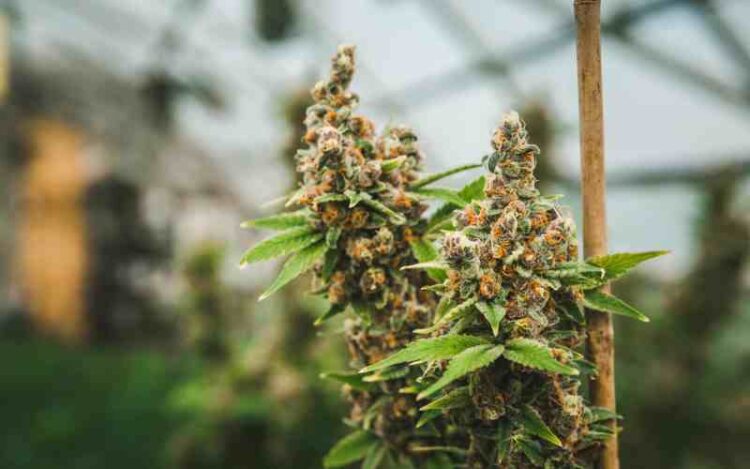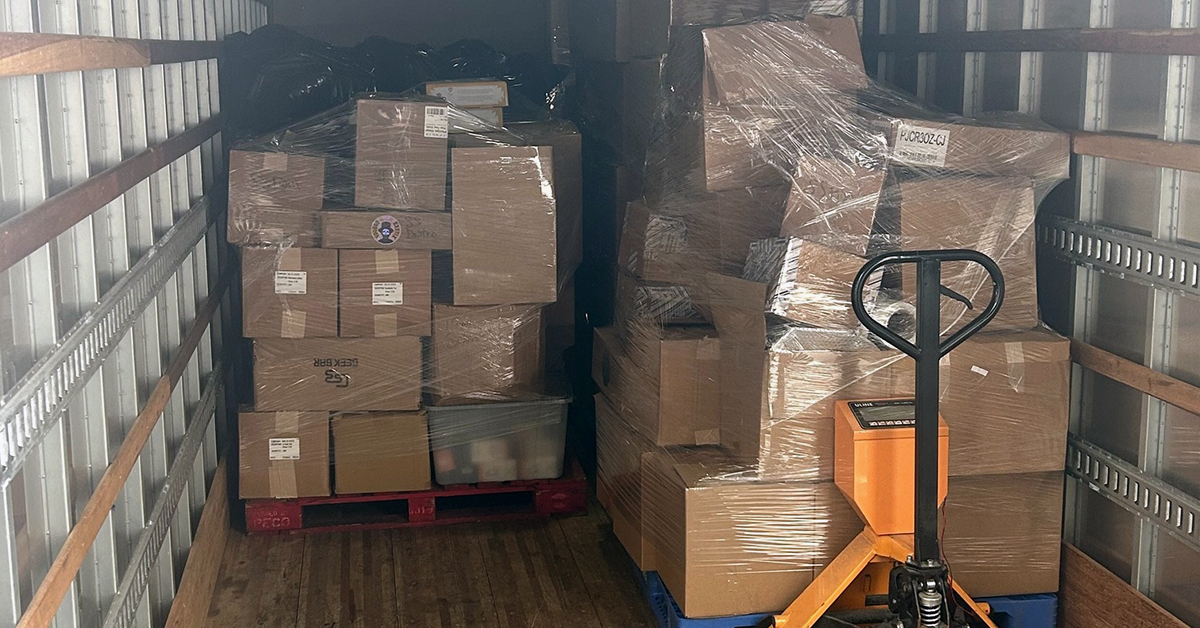Over 1,000 people were taken into custody and above 180,000 cannabis plants were seized as part of a recent effort by the United Kingdom police to halt illegal marijuana farming. This sweeping campaign, referred to as Operation Millie by UK law enforcement, spanned the entire month of June and involved every police department in England, Scotland, and Wales, as per news sources.
The National Police Chiefs’ Council (NPCC) lead for Serious and Organized Crime, Steve Jupp, communicated to the press that the campaign “effectively interrupted a considerable amount of criminal activities.”
Operation Millie marks the largest cannabis elimination drive to date, enlisting more than 11,000 police officers throughout the U.K. for the month-long initiative. The National Crime Agency and Immigration Enforcement also participated in the operation, which involved the execution of over 1,000 warrants in June alone. Out of the arrested, 450 individuals have been charged with an offence subsequently.
Alongside almost 200,000 cannabis plants, the police also apprehended 15 to 20 firearms, around 40 other weapons, and £650,000 ($825,000) in cash during Operation Millie. The seized cannabis plants were estimated to be worth £130 million, though it’s often suggested that law enforcement’s figures may be exaggerated.
Police Focus on Disrupting Criminal Networks
The operation, according to the police, was conducted with the aim of not only eliminating illegal cannabis growing sites but also obstructing criminal networks that utilize the profits for other illegal pursuits. Such gangs are involved in activities like money laundering, violent acts, and Class A drug trafficking, which are harmful to communities, the NPCC explained. Cannabis is classified as a Class B drug in the U.K., while substances with higher potential for addiction and harm, such as heroin, are listed as Class A drugs.
Jupp stated, “We know that organized groups engaged in cannabis production are often directly associated with various serious crimes such as Class A drug smuggling, modern slavery, and other forms of violence and exploitation.”
The police also mentioned that illicit cannabis cultivators have utilized structures of all sizes for their operations, with illegal marijuana farms discovered in diverse buildings, from vacant residential houses to large industrial complexes. These sites are often hazardous due to electricity theft, leading to potential fire risks. The locations may also experience water damage and potent odours.
“This campaign has not only effectively interrupted a large amount of criminal activities, but the information collected will also assist in guiding future law enforcement across the country,” said Jupp. “Though often deemed ‘low level’, cannabis-related crimes show clear links to exploitation and violence that organized crime groups use to guard their operations. It’s also common to find that cannabis production is just a part of these groups’ criminal activities, contributing to the offenses that plague our communities.”
Decriminalization of Drugs Advocated by U.K. Police Chiefs
Previous year, the NPCC revealed that they are working on a plan to effectively decriminalize the possession of drugs such as cannabis and cocaine. If this plan is accepted by the government, possession and use of small quantities of recreational drugs for first-time offenders will be approached as a public health concern rather than a criminal offense leading to prosecution and potential incarceration or other penalties.
The proposals, put forth by the NPCC and the College of Policing, aim to decriminalize the possession of Class A drugs like cocaine and Class B substances such as marijuana. According to the plan, individuals found in possession of illegal substances would be given a chance to attend drug education or treatment programs, rather than facing prosecution.
No further action will be taken by the police against those who agree to complete the program, offering them an opportunity to evade a criminal record. However, individuals who fail to complete the drug program or who are caught again with illicit substances will still face criminal charges.
Jason Harwin, formerly the NPCC lead on drugs and a former deputy chief constable, is collaborating with the College of Policing on this new strategy for partial decriminalization.
“We shouldn’t criminalize someone for drug possession,” he expressed in a statement covered by The Telegraph. “We should divert them to other services to give them a chance to modify their behaviors.”
Already, 14 out of the 43 U.K. police forces have implemented policies that align with the decriminalization proposal from the nation’s police chiefs. However, the proposal contrasts with the policies of the country’s Conservative Party government, which has proposed harsher penalties for recreational drugs, including cannabis.
CHECK THIS: UK Hemp Farm Closes After Finding THC in CBD Products









